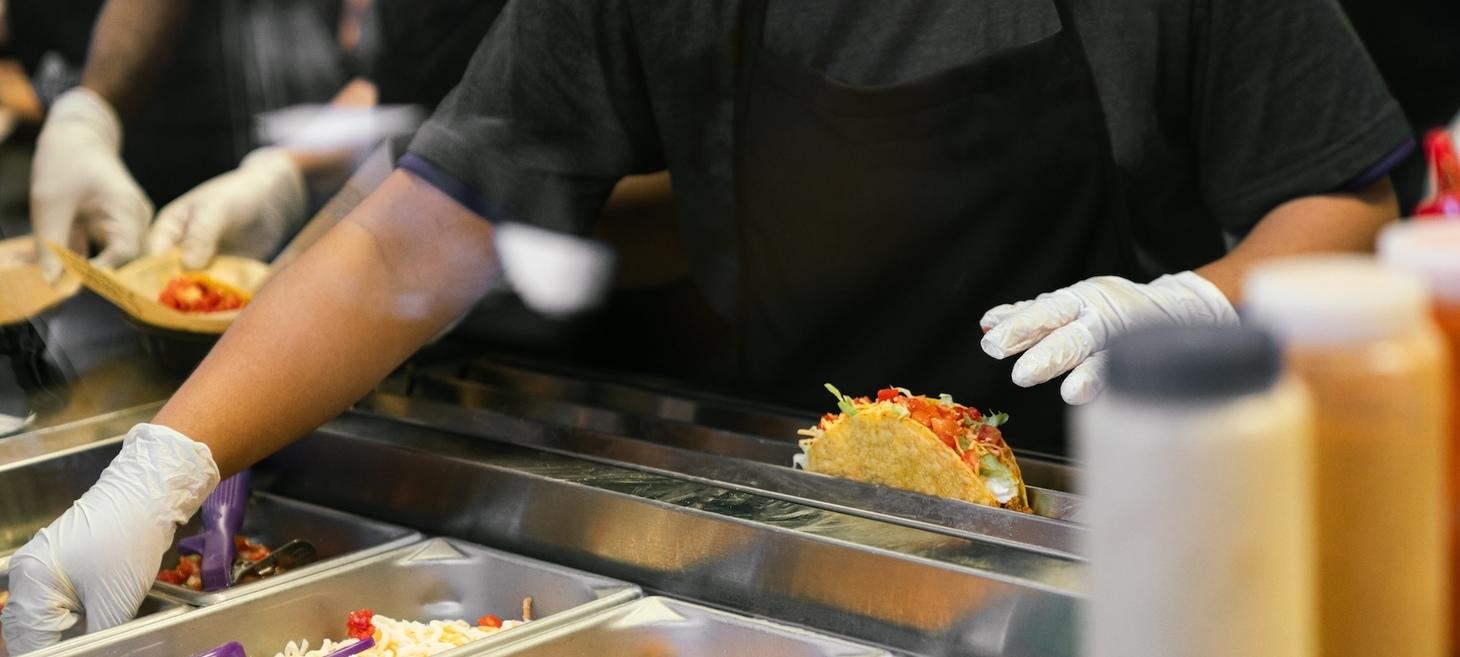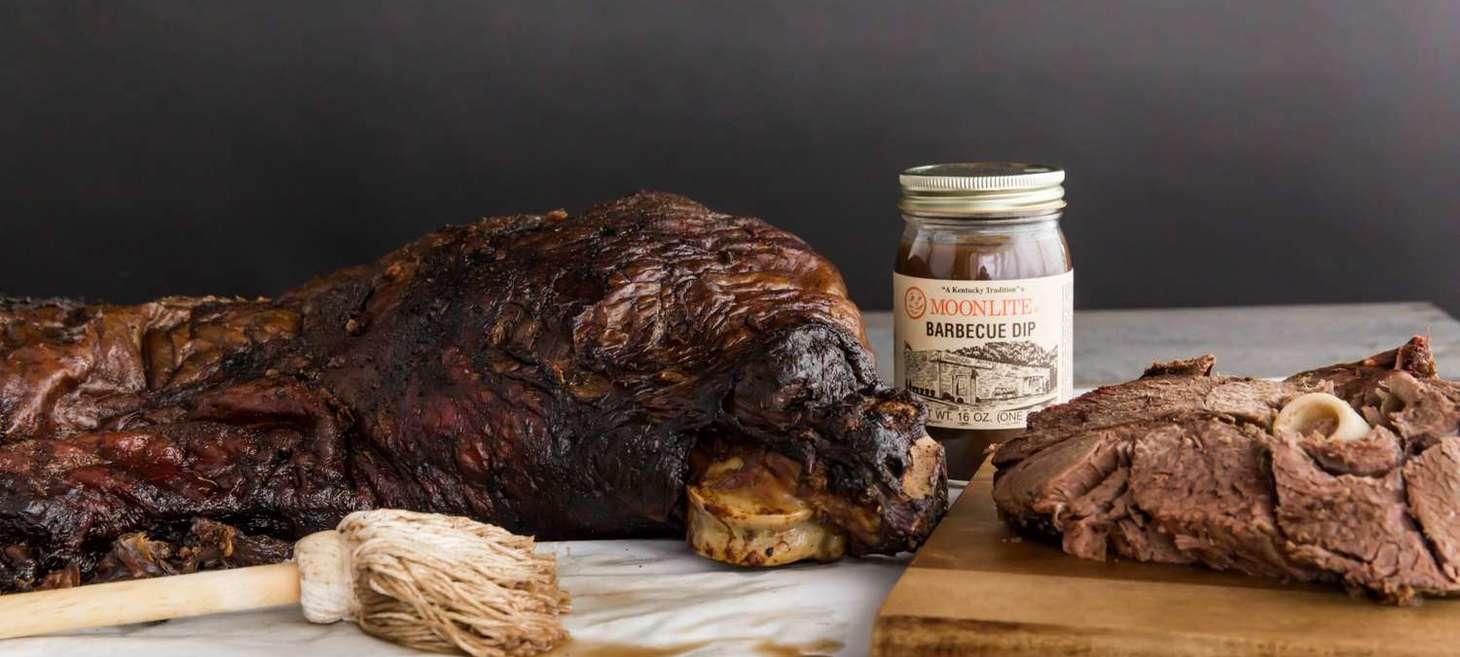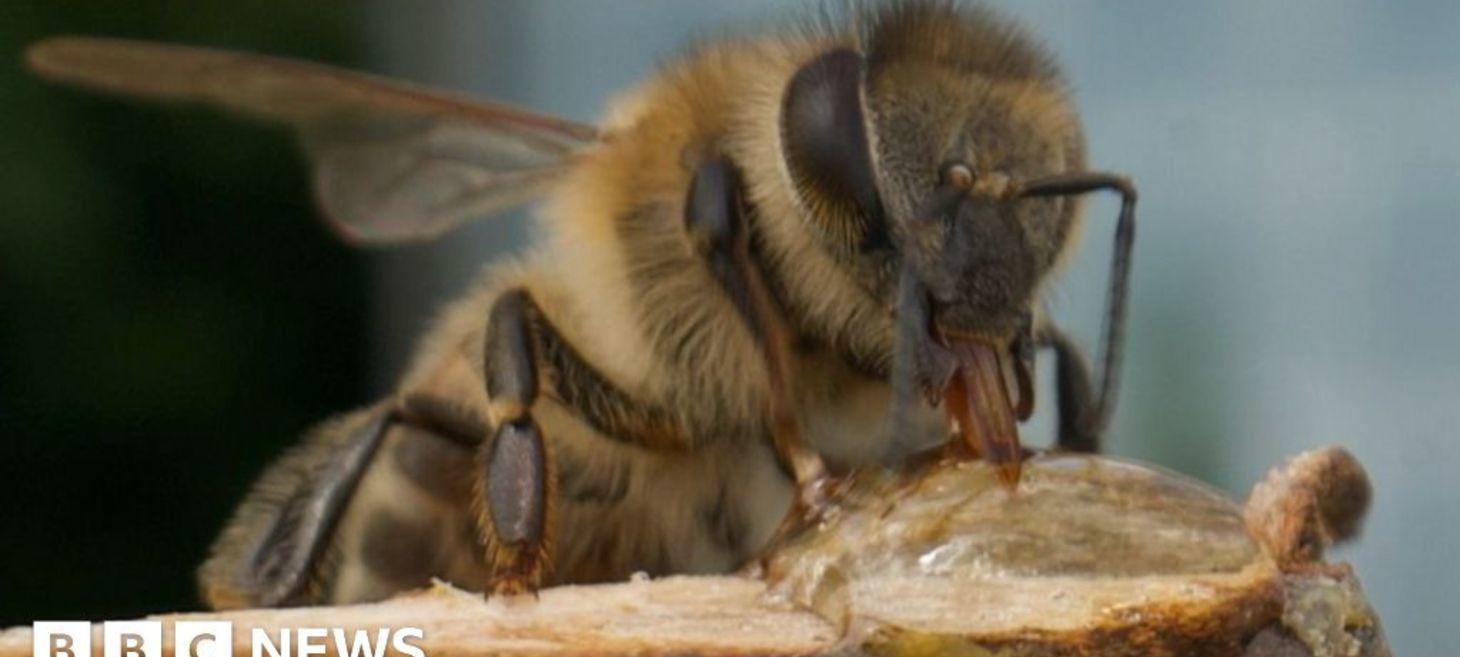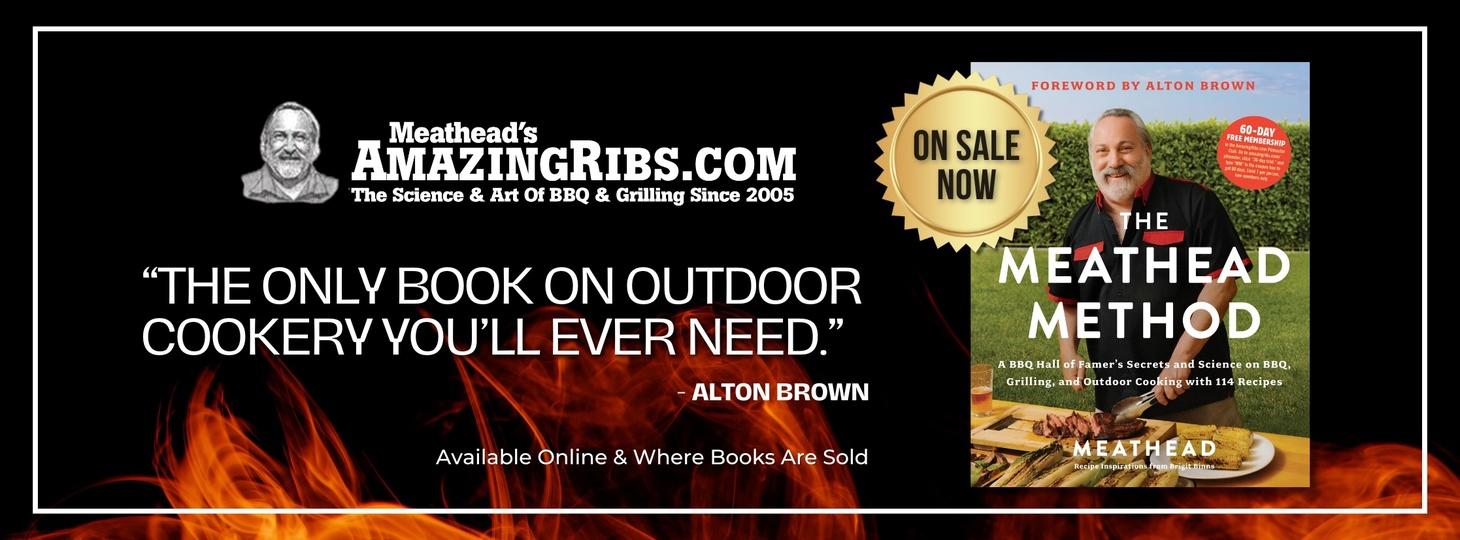 The Juicy Bits
The Juicy Bits
While widespread tariffs have increased revenue for the U.S. government (the good news), they have decreased revenue for U.S. businesses (the bad news). The U.S. wine and liquor industry, in particular, has lost about $70 million in sales since March due to Canada's tariff-related boycott of U.S. booze. Elsewhere in the American food world, wholesale food costs continue to climb, forcing many restaurants and grocers to raise menu and food prices. Brace yourself for increased inflation. On the bright side, tableside service carts are back at restaurants. Anything to keep the diners coming in! Bee scientists around the world have taken a similar approach to combatting worldwide colony collapse: feed them superfood. An international team of researchers has launched a promising study that feeds bees a nutrient-rich diet when pollen is unavailable. It's significant because we need bees to ensure the continued health of global agriculture and food supplies. Oh, and by the way, it turns out that mixing pink salt and lemon juice in your drinking water won't help you lose weight. Sorry if you fell for that one.
Enjoy the rest of this month's key food news!
—Maddox Joachim
Restaurants

Restaurant Profitability Remains Low Post-Pandemic
Image Source: Shutterstock / RB
Restaurants operate on notoriously thin margins, and profitability has slimmed even further since the pandemic, according to a new report from the National Restaurant Association (NRA). In 2019, the median income among full-service restaurants was just 4% of total revenue. Despite increases in menu prices to adjust for inflation, the NRA report reveals that current median income among restaurants has dropped to 2.8% of total revenue. The reason? Higher menu prices have not offset historically high food costs. Plus, higher menu prices have turned off some diners who refuse to pay more for their meals.
Beverages

Tariff Boycott Results in Nearly $70 Million Shortfall of U.S. Booze Exports To Canada
Image Source: GettyImages / NY Post
In March, the Trump administration rolled out 25% import tariffs on Canada, and Canadian consumers immediately fought back. Boycotts of U.S. alcohol companies have proven effective, as liquor and wine exports to Canada dropped more than 60% in the first six months of 2025, a nearly $70 million loss. The shortfall hits smaller U.S. brewers, distillers, and winemakers hardest. Baltimore-based Sagamore Spirit missed out on 10% of its previous exports to Canada, totaling a $2 million loss in sales. “We’re a small craft distillery, so a couple of million dollars is pretty significant,” said Sagamore Spirits CEO Robert Cullins.
BBQ Hot Spot

Kentucky's BBQ Mutton Gets The Spotlight
Image Source: Moonlite BBQ / Food & Wine
When it comes to American BBQ, mutton isn't the first thing that pops into most people's heads. But Kentucky's pitmasters have been slow-cooking the local meat since the early 1800s. “Kentucky has been known as the mutton capital of all things barbecue,” says famed pitmaster Danielle Bennett. “It’s like a little island—it didn’t spread the way brisket and pork did. Mutton is still very typically only available in this unique pocket.” Since mutton is older than lamb, it has higher muscle density, so you can't cook it fast like you can lamb. But when slow-cooked with smoke, mutton delivers far more flavor. Think of it like pork butt. "Mutton has a deeper, richer, and more complex flavor than lamb, with musky undertones and a higher fat content,” says Valerie Samutin, executive director of Kentucky-based Freedom Run Farm. A thin, vinegary sauce spiked with ground pepper cuts through the richness and makes Kentucky BBQ mutton unique in the American pantheon of barbecued meats.
Cooking

Michelin Chefs Serve Up Flavor At U.S. Open
Image Source: Michelin Guide
This year, the U.S. Open concessions got a serious culinary upgrade with menu items from two Michelin starred chefs, José Andrés and Masaharu Morimoto. Andrés opened a cocktail bar with high-end tacos, while Morimoto, unsurprisingly, served sushi. Of course, the food is not quite the same as in their restaurants, but these chefs take pride in figuring out how to deliver quality to 700,000 tennis fans. "I look for ways to keep the flavor and spirit of a dish but make it easy to eat and quick to serve. I adjust some details to fit the format, like using more portable packaging, but never sacrificing the quality of ingredients," Morimoto says. Michelin also gave a nod to restaurateur Simon Kim, who made U.S. Open headlines by serving chicken nuggets topped with caviar.
Supply Chain

Wholesale Food Prices Climb 4.2% Stoking Fears Of Increased Inflation
Image Source: Shutterstock / RB
According to the U.S. Bureau of Labor Statistics, wholesale food prices have risen 4.2% overall since last year. Wholesale beef prices has gone up nearly 10%, and coffee prices up 29%, over the past year. Prices shot up for fresh and dry vegetables by 38.9% last month alone. Higher wholesale food costs typically lead to higher retail costs at restaurants and grocery stores, and forecasters expect grocers to be hit the hardest by the latest increases. Translation: Brace yourself for increasing food prices, ie. inflation.
Agriculture

Mass Deportations Lead To Economic Setbacks In Agriculture
Image Source: CivilEats
In the first half of 2025, 1.2 million foreign workers left the U.S workforce. U.S. Bureau Of Labor statistics data shows agricultural employment fell 6.5% overall from March to July. With increased ICE raids over the past six months, the food and agriculture industries have taken a significant hit in employment. According to Economic Insights and Researching Consulting, increasing deportations are set to cause economic damage across the agriculture, hospitality, and construction sectors. EIRC researcher Robert Lynch says, “There are early warning signs in the data that economic harm in the form of employment losses and higher prices is happening.”
More Agriculture News
University Of Georgia Researchers Innovate With Solar, Robotics And Vertical Farming
Regulations

NYC Plans To Ban Processed Meats In All Government Run Food Programs
Image Source: Stock / Vegan FTA
New York City announced major changes to the city's food standards, and processed meats of any kind will no longer be served in hospitals and public schools. This change will effect hundreds of meals distributed annually among school children, seniors, and patients in hospitals throughout NYC. Michelle Morse of the New York City Health Department said, "Every New Yorker deserves access to delicious healthy food that they feel good about eating. The new Standards underline our longstanding work to ensure New Yorkers have access to healthier foods while advancing our commitment to health equity and climate health."
Health

Dietitians Disprove Pink Salt Weight-Loss Hack
Image Source: Stock / Today
Registered Dietitian Natalie Rizzo is debunking the "Pink Salt Trick". The latest viral food hack on social media mixes Himalayan pink salt and lemon juice in water. Influencers tout the benefits of balanced electrolytes and enhanced hydration, along with the promise of weight loss. Alas, notes Rizzo, drinking lemony mineral water does not cause excess pounds to magically melt away. The added sodium is also a potential health risk, as nearly 90% of Americans already exceed their recommended daily sodium intake, according to the American Heart Association.

Help DigestThis.news Continue With Only $3/month
Like what you're reading? Help keep DigestThis.news going by supporting it here. Thanks!
Science

Scientists Develop Honeybee "Superfood" To Preserve Declining Bee Populations
Image Source: Gwyndaf Hughes / BBC
Honeybees are crucial to the world's agricultural ecosystem and economy. They are responsible for pollinating 70% of global crops, and bee populations have been in rapid decline. In the last decade, annual colony losses have increased by 40 to 50%. Researchers expect this loss rate to accelerate in years to come. To combat the problem, scientists at the University of Oxford, the University of Greenwich, and the Technical University of Denmark have been leading a joint study exploring superfoods for honeybees to preserve healthy colonies. The food includes lipids called sterols, nutrients that bees rely on in the winter and whenever available pollen declines.
Your Ad Here!
To reach nearly 40,000 engaged readers across the food and cooking industries, place a Classified ad in an upcoming issue. Classifieds are inexpensive and easy to book with a few clicks.

